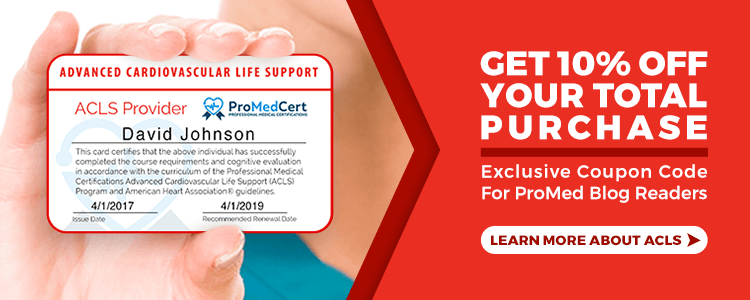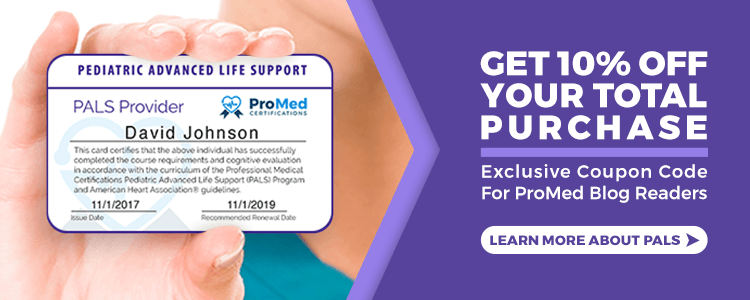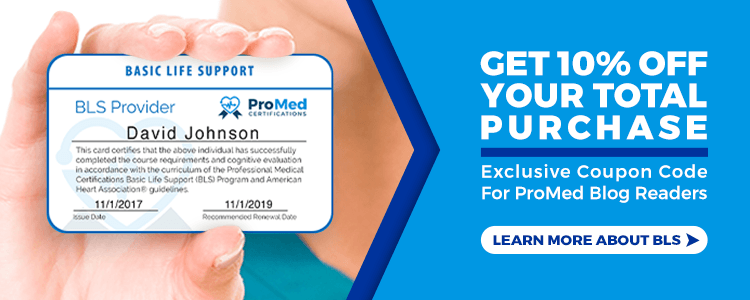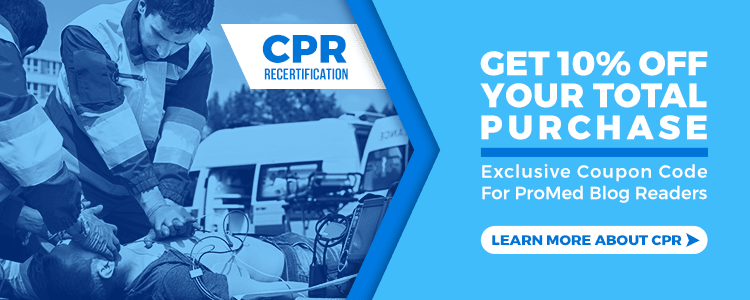Which Medical Certification Do You Need for Your Job?
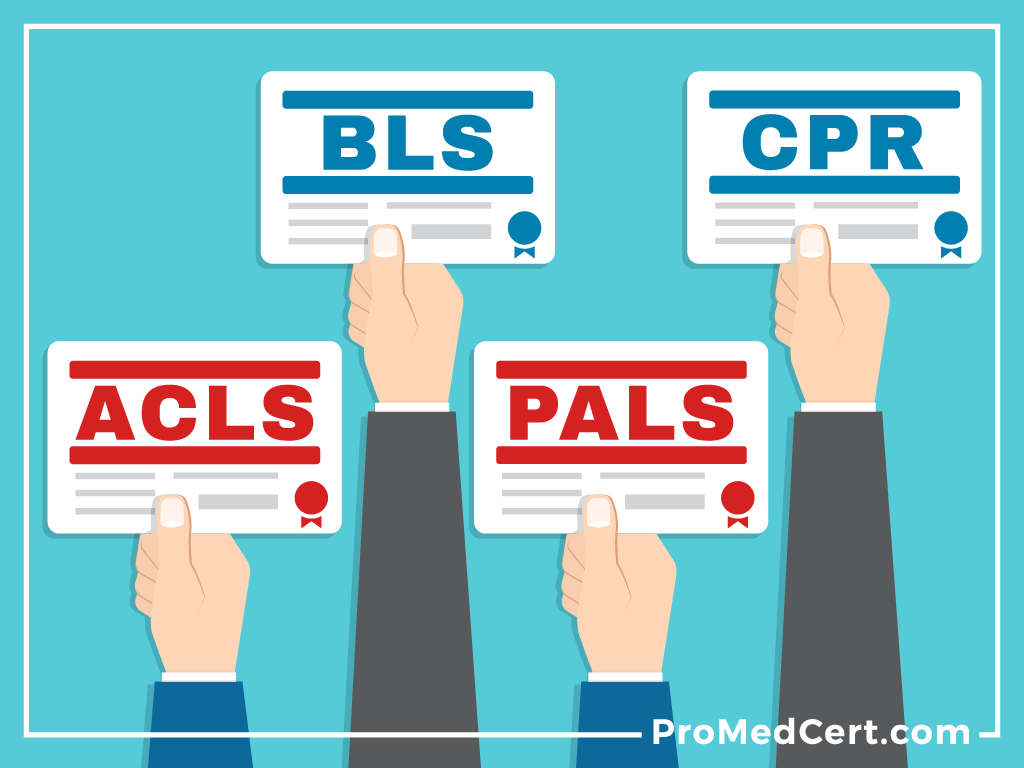
These days, more and more industries are requiring employees to become trained and certified to handle emergency medical situations – and for good reason.
Studies indicate that eight out of ten of the 326,000 cardiac arrests that occur each year happen outside of a hospital.
That means there’s a good chance someone could experience the need for emergency medical attention while they’re at work.
Having someone employed that knows what to do in those situations can literally mean the difference between life and death.
Whether you’re considering making a career change, weighing your different job options or are simply curious as to whether your dream role will require this type of training, here are several career fields that require medical certification.
Health Care Providers
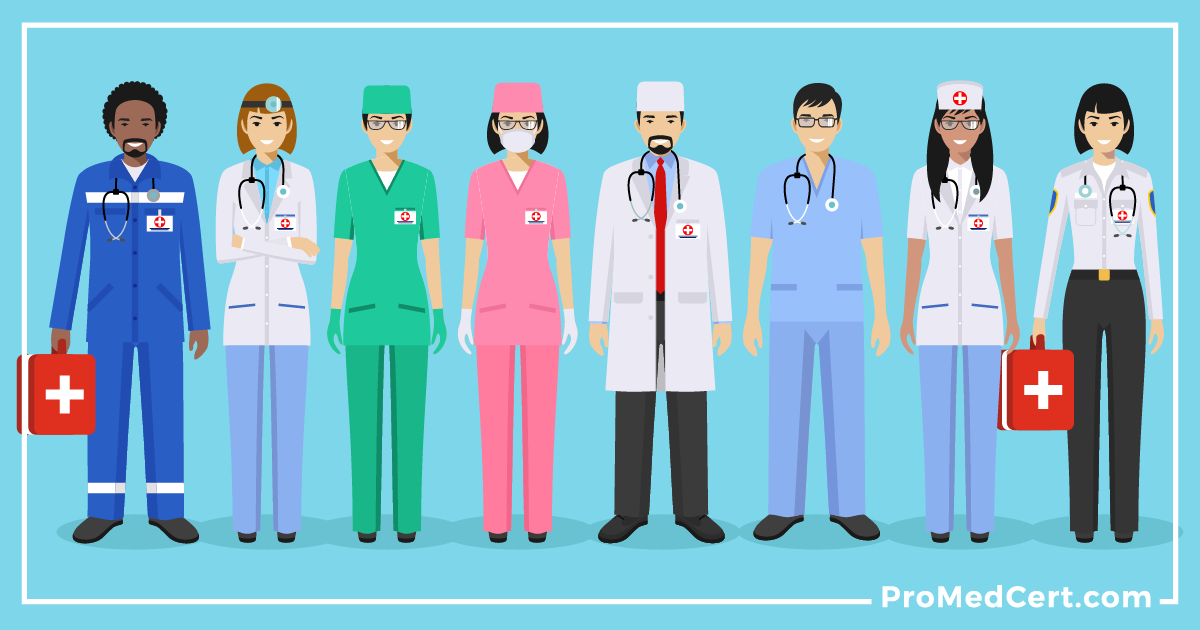
This one’s a rather obvious one, but since the vast majority of our students are either in or in the process of entering the health care field, it warrants a mention.
Generally speaking, anyone who is going to be working with patients in a clinical or hospital setting must have the appropriate medical certifications, such as Basic Life Support (BLS) and Advanced Cardiovascular Life Support (ACLS).
This list includes physicians, nurses, respiratory therapists and emergency medical personnel.
It can even include physical therapists and nutritionists.
These medical professionals must have a good understanding of exactly how to respond to a health care emergency, such as a stroke or heart attack.
The training received, whether in a classroom setting or via online medical certification courses, provides instruction on how to understand ECG rhythms, what the corresponding algorithms are and the appropriate medication required for various scenarios.
All medical professionals are required to be BLS certified, and most also need their ACLS certification as well.
Pediatric Health Care Professionals
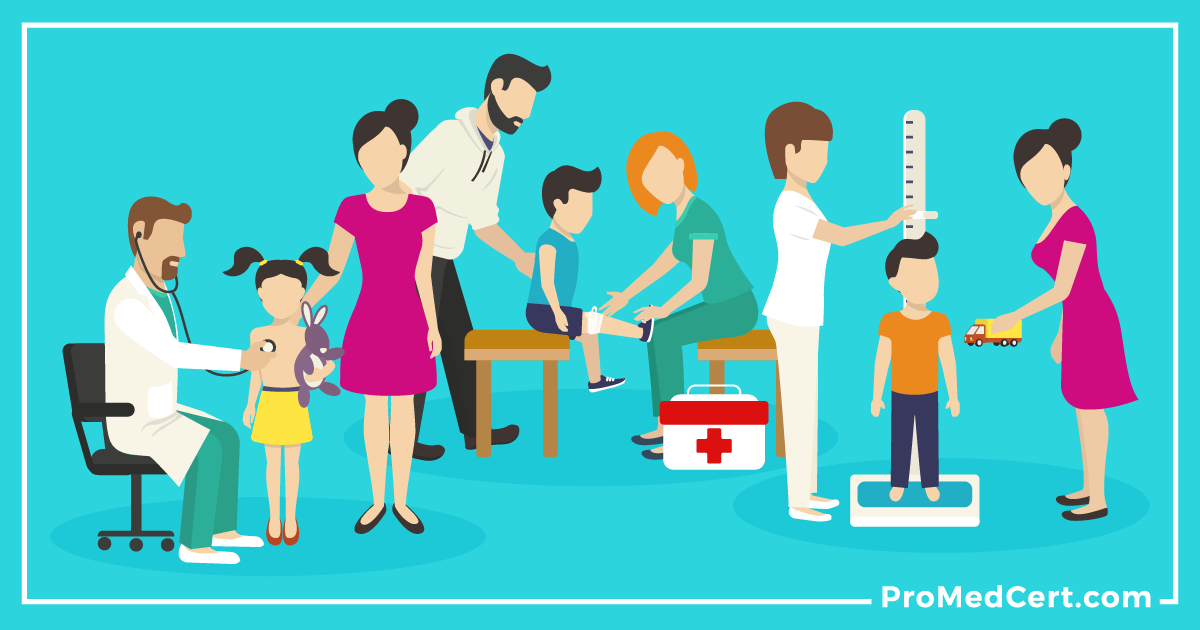
Medical providers who are responsible for delivering medical care to infants and children must also obtain their Pediatric Life Support (PALS) certification.
This is in addition to BLS and ACLS.
PALS training shows health care providers how to respond in the event of a pediatric emergency.
Those requiring this type of certification typically work in emergency medicine, emergency response, intensive care and, of course, pediatric medicine.
These providers include physicians, nurses and paramedics.
First Responders
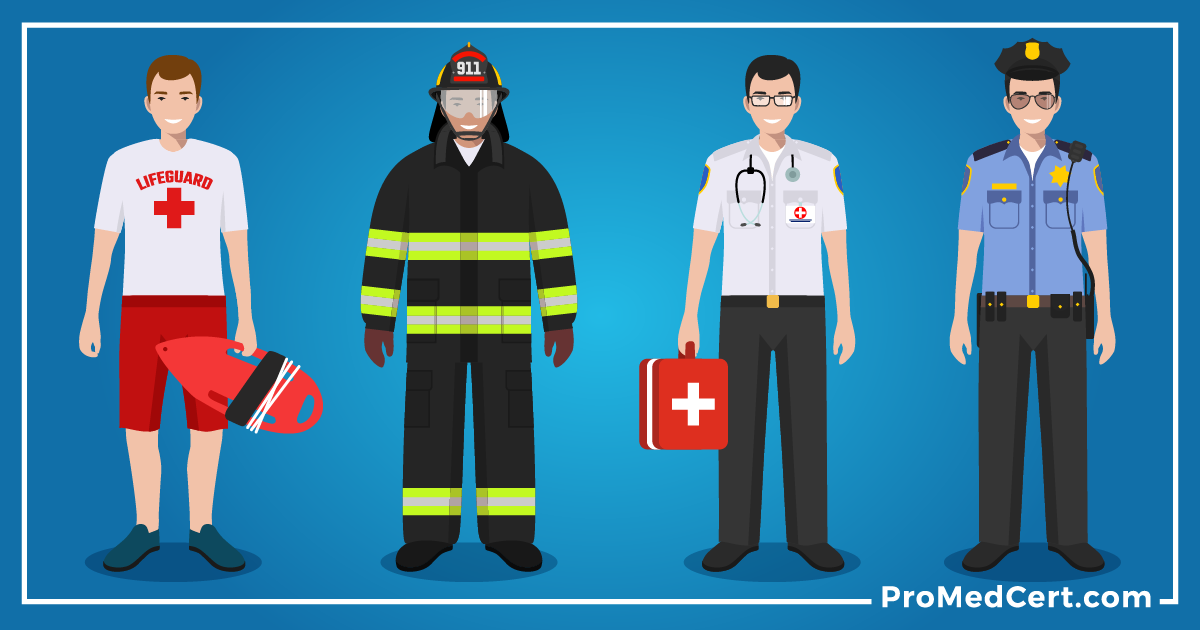
First responders are professionals who are trained to respond to emergency situations.
These individuals include firefighters, EMTs, paramedics and even lifeguards.
Beyond the basics of CPR and first aid training, first responders are typically required to obtain their BLS certification so they can recognize and treat medical emergencies.
BLS certification coursework provides training on life-saving resuscitation techniques for infants, children and adults.
Educators and Childcare Providers
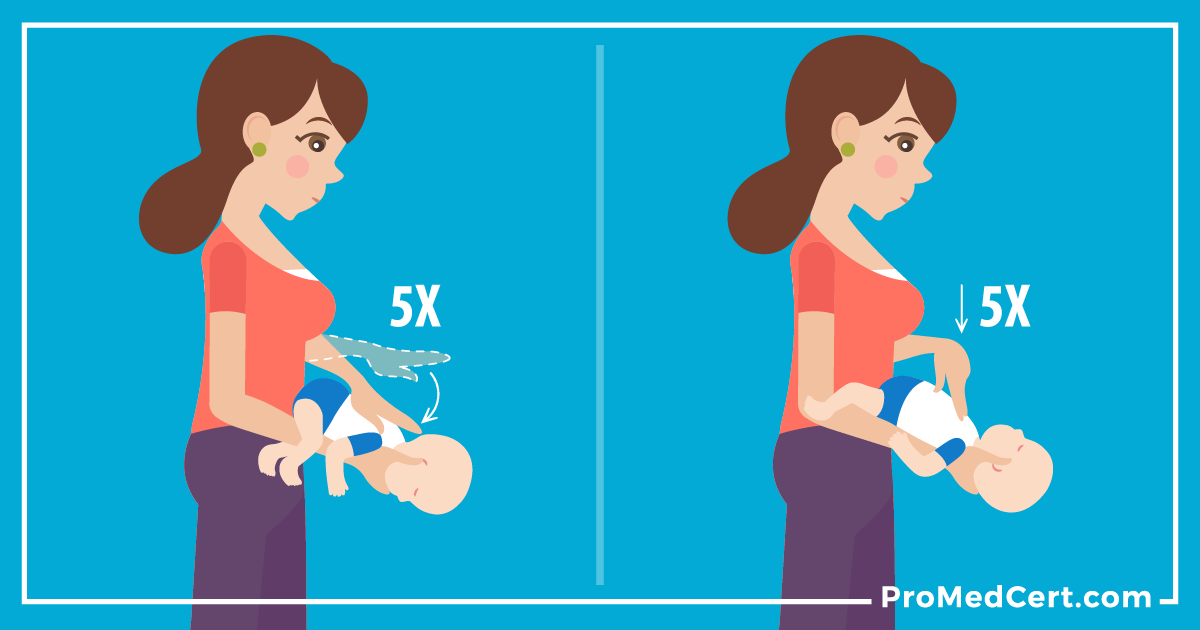
Because teachers and childcare providers are charged with keeping children safe, they are almost always required to be certified in CPR and first aid.
The fact is, accidental choking and drowning are leading causes of death in children under the age of 14.
Having an adult who is trained on how to recognize and respond to a medical emergency is absolutely critical.
CPR certification training shows teachers and daycare providers how to help an infant, child or adult who is choking or drowning, how to administer CPR and how to deliver first aid for common illnesses and injuries.
Conclusion
These are just four of the many professions that now require some type of medical certification.
If you plan on going into one of the above fields, ProMedCert.com has the courses you need at an affordable price.
Best of all, you can obtain your certification right from the comfort of your own home.

